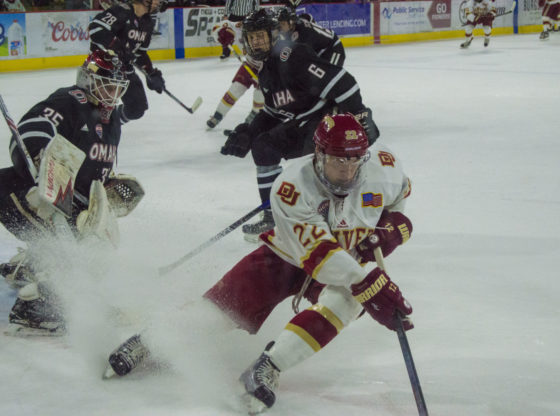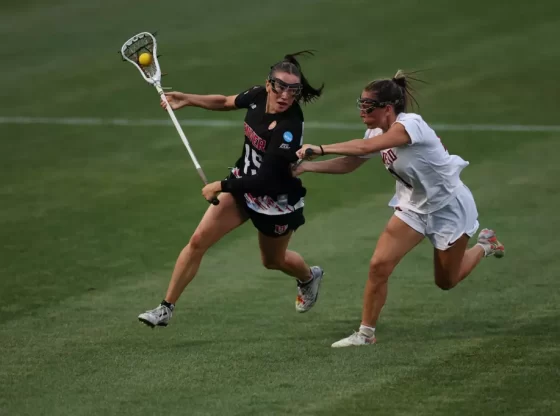What would it take someone to row almost 3000 nautical miles across the Atlantic Ocean? Or perhaps, better yet, why would someone row about 3000 nautical miles across the Atlantic Ocean? While it may be a wild question for some, a group of four military veterans are making history as the first all-American, military veteran team to take on the Talisker Whiskey Atlantic Challenge. Starting in December, 2018, the Fight Oar Die crew will race other crews, rowing from La Gomera, Canary Islands, to Antigua, West Indies. While winning the race is always a goal, Fight Oar Die is rowing for something more than just a prize at the finish line; they are rowing to draw awareness to military mental health.
Bryant Knight, a former major in the U.S. Army, says that Fight Oar Die was born when the four men gathered and were talking about the difficulties that veterans were facing reintegrating back into society. After several discussions, the team settled on rowing after discussing the success that team member Alex Evans’s friend had had rowing in a group of British military veterans.
The Fight Oar Die team was connected with DU’s Graduate School of Psychology, Dr. Jacob Hyde, who studies the effect that isolated, confined and extreme environments have on the brain.
“I want to know what happens to them afterwards in terms of how they have gotten better, how they have grown, how this has made them better.” Dr. Hyde says. “Is there a way that they have gotten stronger, physically or cognitively stronger? […] How they have grown after going on a mission like this?”
Dr. Hyde’s interest in this team is not only professional – he is also a veteran of the Iraq War. He connected with the team’s goal to draw attention to military mental health, as well as “show veterans and [other] military members that no matter what happens in your life, you can do anything you want to do. There can be any sort of stumbling block or barrier in your way; you can find a way around that.”
The team’s desire to bring awareness to military mental health is a goal that the team members take quite seriously. Although they each may have their own more personal reasons for rowing, all the team members emphasize the importance of being a representative of the veteran community to the world, as well as the importance of being a model to the veteran community. Team member Beau Maier says that he hopes to have the opportunity to speak to veterans and “show them how much they can do if they can just go do it, because they’re capable.”
Knight says, “Representing our veteran community across this country, that’s a big part of why we’re doing this.” Personally for him, “Fight Oar Die is a gold standard for what it means to be a veteran and representing the veteran community and showing that there’s so much more to the veteran community than what you see and hear on TV.” His goal is to be “ a message to the all veterans out there that, hey, life does continue and there are hardships, and there are things that you gotta be willing to do to continue on living and be successful.” For him, this team and their goal to race across the Atlantic is a symbol of the drive to continue living.
Team member Christopher Kuntz says he’s involved with Fight Oar Die because “I’ve dealt with reintegration, […] I’ve dealt with post traumatic stress, I’ve been diagnosed with it; […] it took me a while to figure it out.” He wants people “to become more aware […] of the human emotion behind [military mental health].” It is a well-known and well recited fact that 22 veterans a day commit suicide. However, for Kuntz, people do not look beyond the statistic and do not see the human emotion behind this. His personal goal with this row is to increase awareness and conversation around the people that are behind the numbers.
To keep up with the Fight Oar Die team, students can follow them on Instagram @FightOarDie, like them on Facebook and sign up on the mailing list for updates. During the race, live updates will be posted on the official Talisker Whiskey Atlantic Challenge App. The team encourages everyone to check out their website, USVetRow.org. Donations are always welcome and will go towards funding research and helping fund the team.
Corrections: Team member Christopher Kuntz was wrongly identified as Christopher Kunitz. Team member Beau Maier was wrongly identified as Beau Maiers. This article has been updated to reflect these changes.










